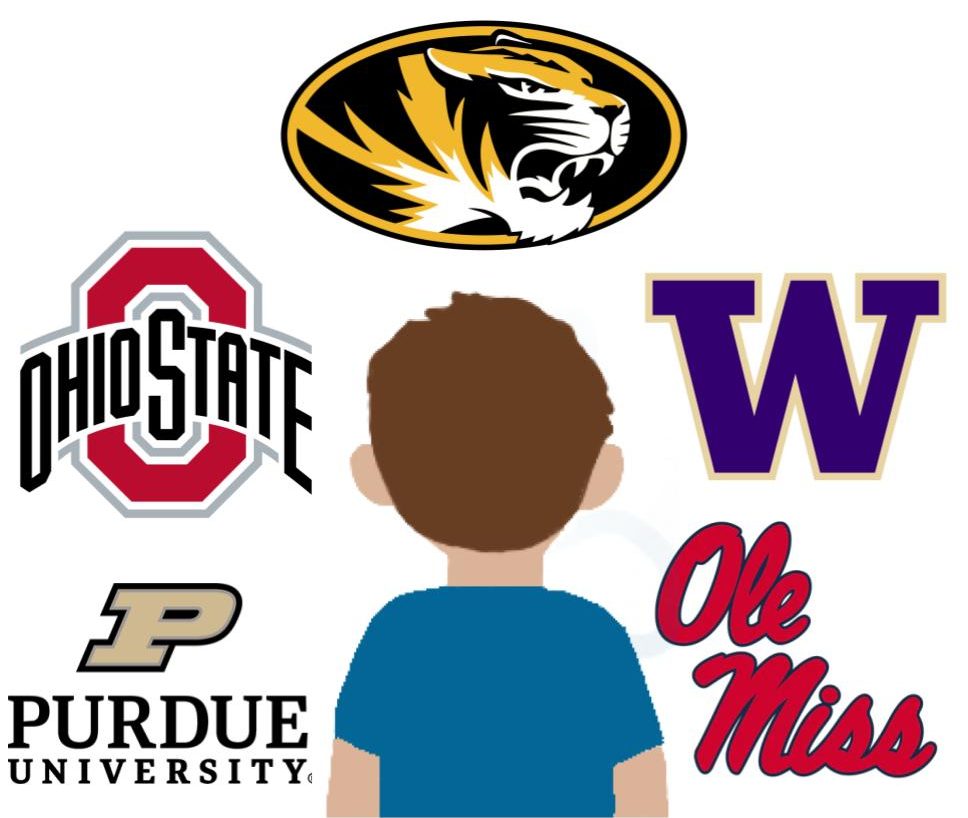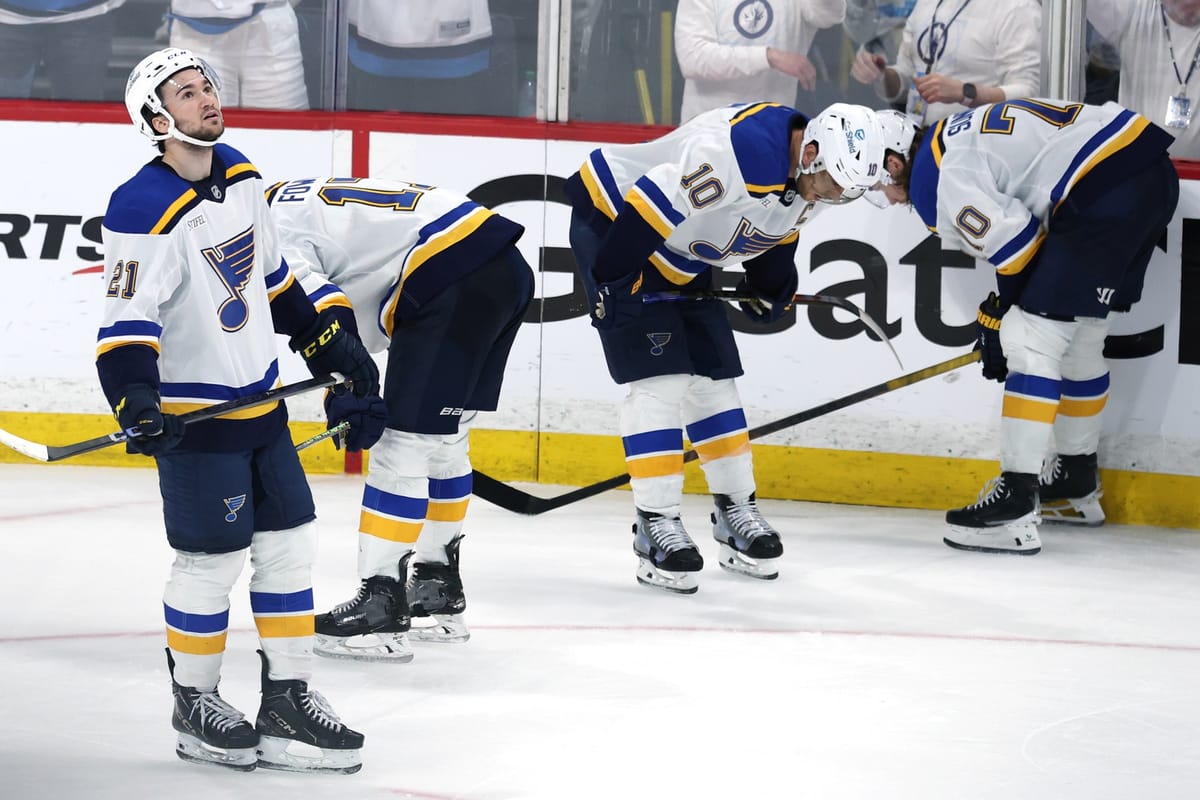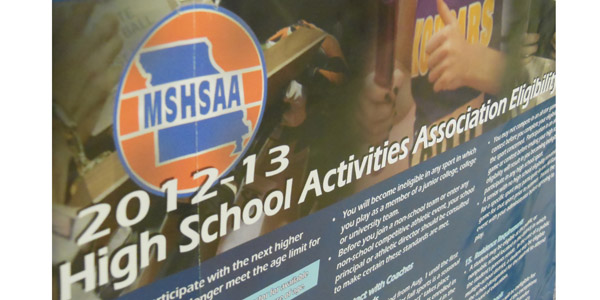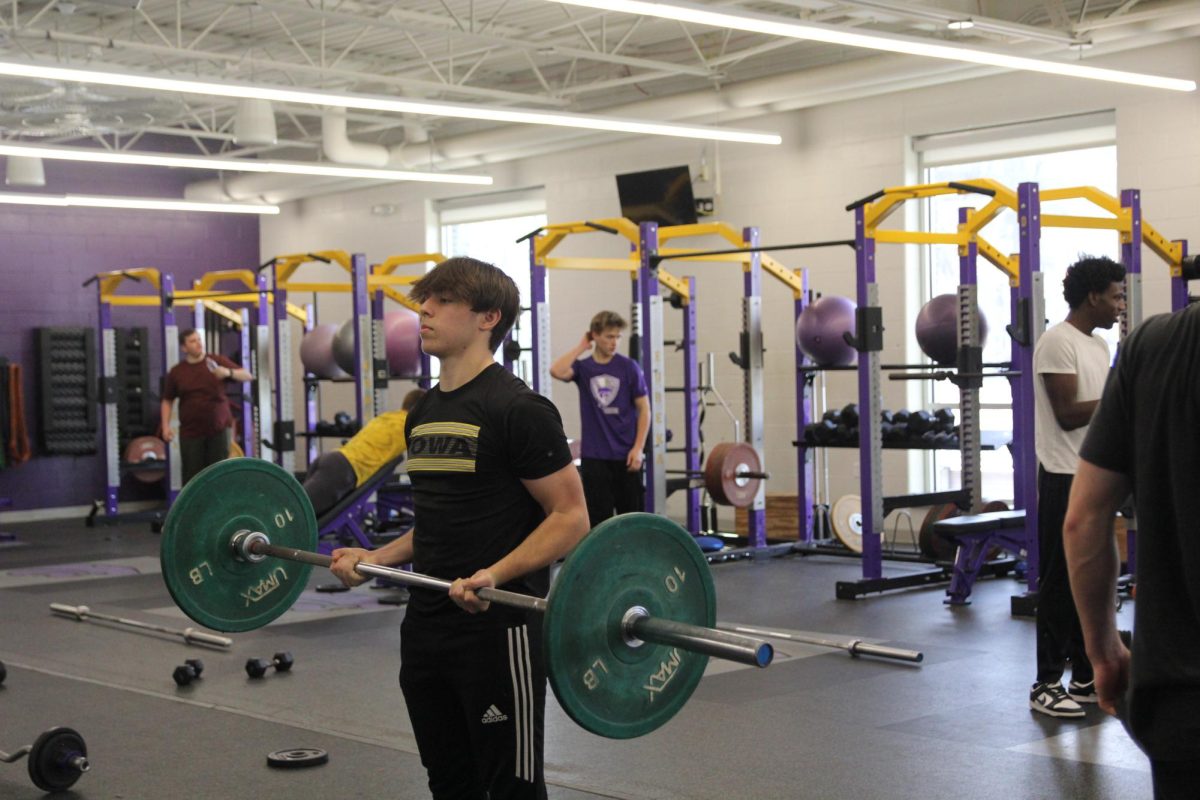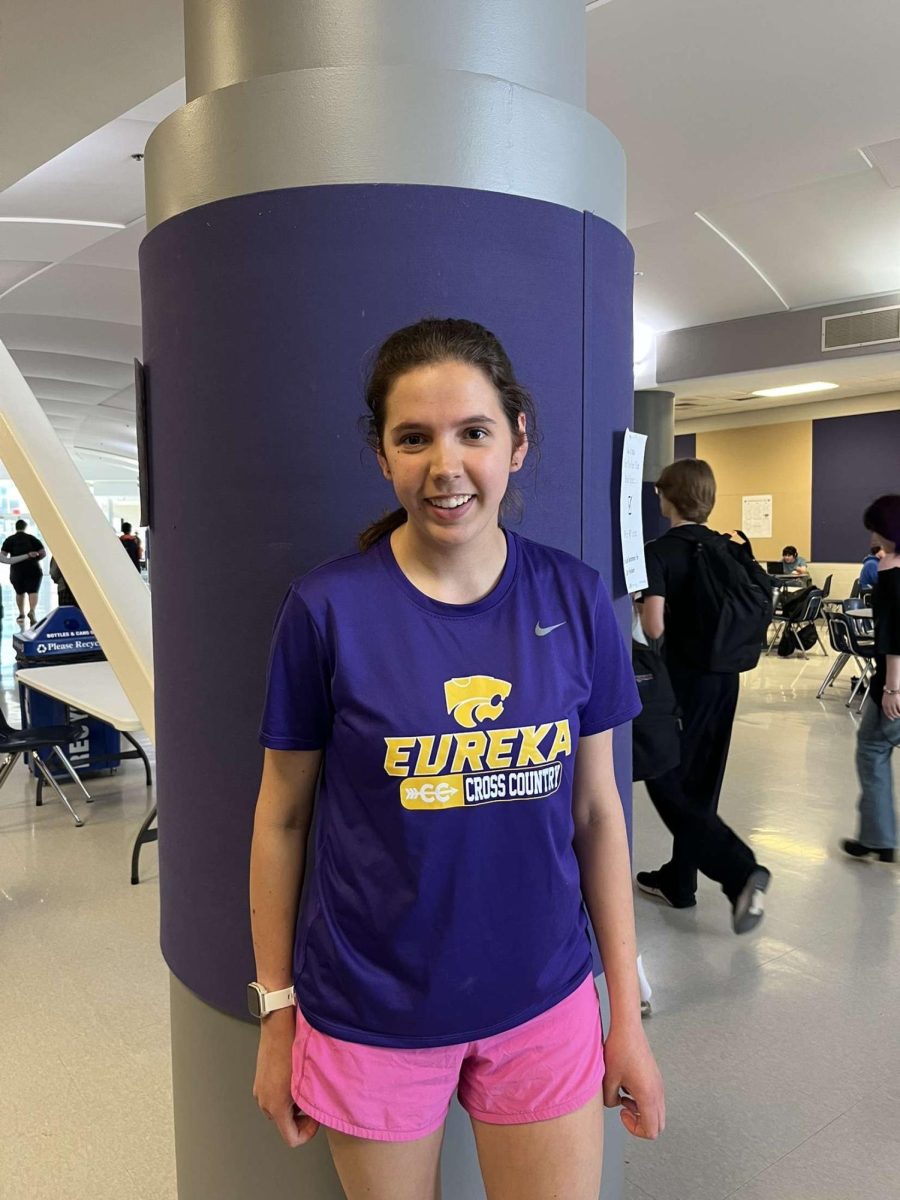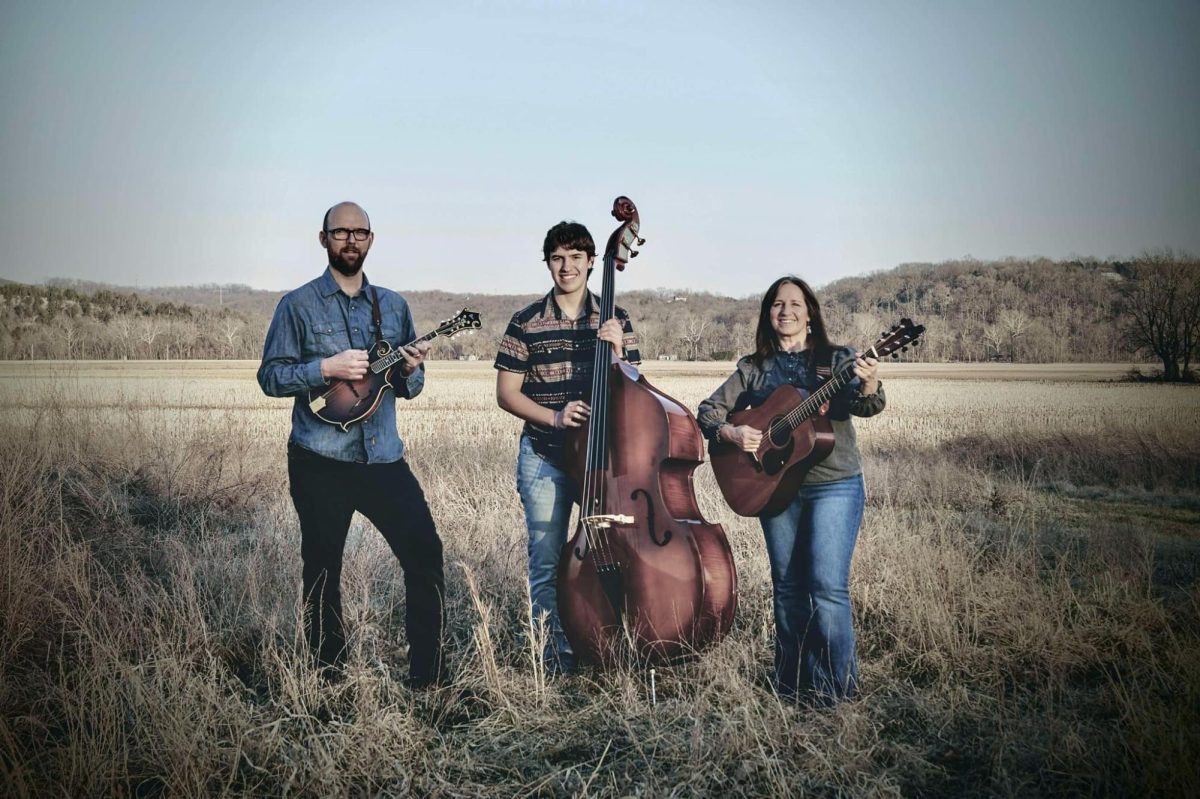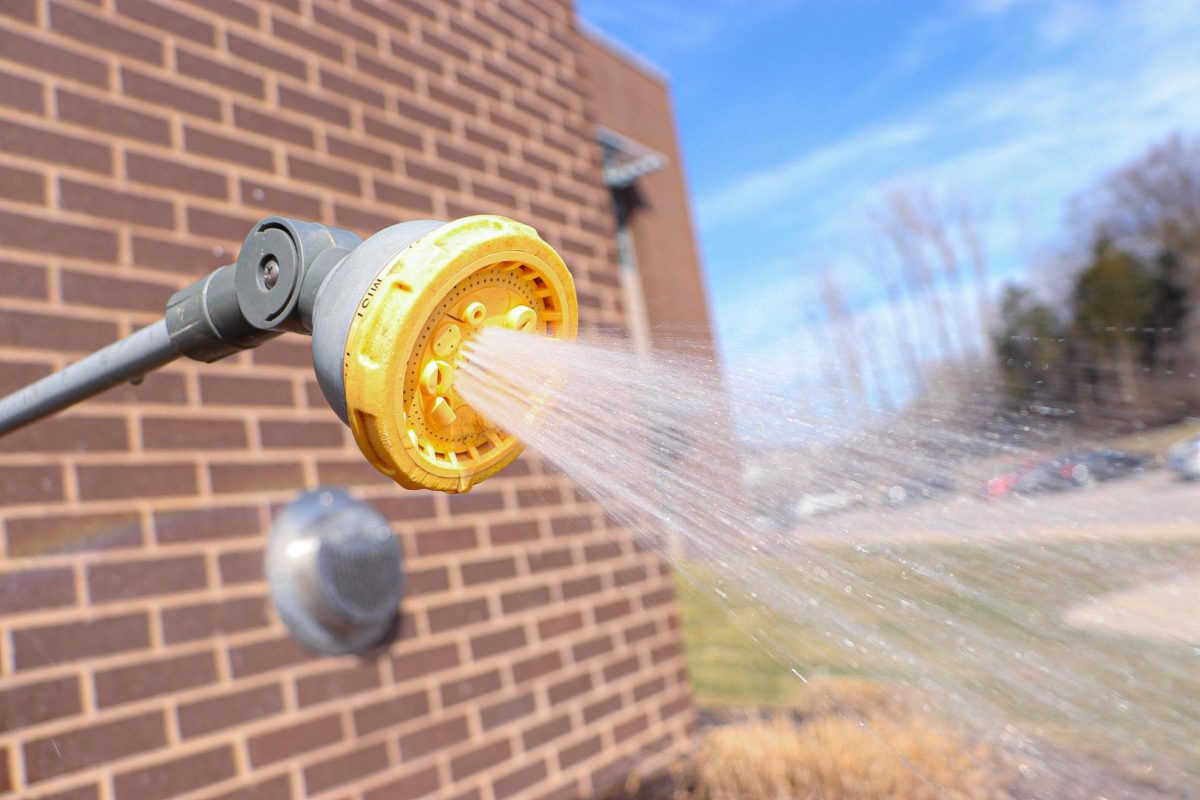A high school athlete extends their school day by three hours, adding fifteen hours to their school week. Many athletes represent the school in multiple sports and the process can become exhausting.
To try and accommodate athletes, particularly multiple-sport athletes, the Missouri State High School Activities Association, MSHSAA, has set a rule that schools must allow a week of no contact, or a “dead week,” before each sports season begins.
This past short week played in student-athletes’ favors for the rest period. Students only had two days of school before their four-day weekend, which was followed by tryouts starting Monday.
“The snow days were a great way to get ready for tryouts,” Brock Geisz, track runner, said. “I got to sleep a lot, and it was a relaxing break from the stress sports sometimes bring.”
Not only did the extended weekend give students the chance to rest, but they also got to enjoy a long break before the madness of tryouts began.
“I love snow, so there was no better way to spend the weekend,” Gabrielle Atkins, soccer player, said. “It was great to have it the week before tryouts too because I always get a little nervous before them. The long weekend let me relax a little bit.”
The snow days made the dead week appear a little irrelevant because students already weren’t in class, but the rules still applied.
“There are two kinds of dead weeks, summer dead weeks and sport-specific dead weeks,” Dr. Jason Green, activities director, said. “The summer dead period started three years ago. There has to be a nine-day time where there should be virtually no contact in regards to sports between coaches and players. The big reason for it was to give kids a break, to ensure coaches aren’t overworking kids. The winter and spring dead periods are seven days. In those periods you cannot have sport specific contact, and that just started two years ago.”
Although the system is still new, most students agree that the dead week is a good idea. Many sports have offseason training sessions. The baseball team, for example, lifts weights five days a week in the winter in addition to open gym, which includes batting and pitching practice.
“It’s beneficial for me personally because we have been preparing physically for the season for a long time,” Brennen Lummus, baseball player, said. “It sort of gives me a chance to refocus for tryouts and the season by getting rested and mentally prepared.”
While by some student-athletes the week is greatly appreciated, others don’t entirely see the purpose.
“I just don’t really see the point,” Lizzie Darrow, lacrosse player, said. “It doesn’t really affect the player that much in my opinion. It affects the coaches more than the player. Whether or not you talk to the coach, you still have to show up ready for tryouts.”
Having rested, athletes faced unique tryouts sharing limited facilities and early and late hours thanks to the inclement weather.




